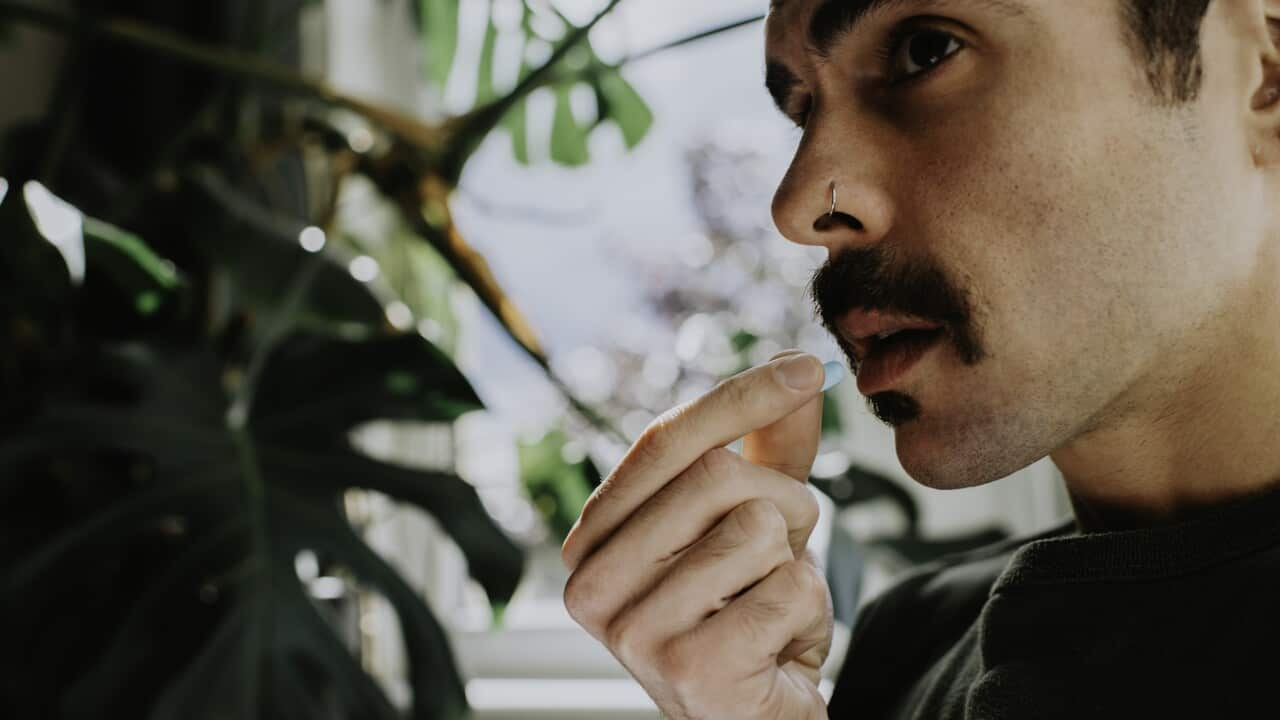After being robbed and kidnapped, Livia came to Australia
Like many who leave their home country to come to Australia, it was a traumatic and violent experience that saw hairdresser Livia Tameirão make the choice to leave Brazil for Australia. She had been kidnapped and robbed.
“They took everything, all my money and equipment was stolen or destroyed,” she says. “In the same period I separated from my husband. It was a very painful process, I only survived because I had the support of my parents and of Rafael, my son.”
The kidnapping left Livia afraid to leave her house and she began to work from home.
“I wouldn’t leave the apartment anymore, I was taking care of Rafael, working day and night, I was living inside those four walls, as much as I could, I wouldn’t go out.”
At the invitation of a friend already living in Australia, Livia decided to come to Melbourne in November, 2018 and stay for a period of six months.
Her son Rafael was four-years-old at the time and in agreement with his father, he was left with the maternal grandparents.
“I came with $250 in my pocket. Soon I began my studies and started working in my free time as a hairdresser.”
In a few short months she was able to start providing for her child, much more than she could when she was in Brazil.
“When I saw that I could give him a better life, I continued studying and working even harder. Soon I was able to pay for his swimming and English classes, school, food, clothing, everything.” Livia says she wouldn’t have been able to do this without the support of her own parents, and wants her son to join her in Australia. She keeps a diary of parks and places Rafael will see when she manages to bring him to Australia to study.
Livia says she wouldn’t have been able to do this without the support of her own parents, and wants her son to join her in Australia. She keeps a diary of parks and places Rafael will see when she manages to bring him to Australia to study.

Source: Supplied
“I only came to Melbourne because I have my parents and Rafael is with them. Rafael is my life, I could only trust my life to my parents… My dream will never die, I want my son to come here and study English."
Thanks to modern technology, Livia says she is able to be with Rafael every day.
“We are always on FaceTime, we have breakfast together, we talk about what is happening in our lives. If he is going somewhere and is in the car, we are on the phone talking and seeing each other.
“At school, my classmates talk to Rafael on FaceTime which is great. I want to show my son that I am okay. He knows who I'm with and that people aren't sad or sorry for me or him. He doesn’t think that I'm on another planet.”
With the distance comes a lot of judgment, both from people in Brazil and people she meets in Australia. Livia says that 'shock waves' of judgement came when she announced she was coming to Australia.
“At first I heard things like, 'Are you crazy? Are you going to leave your own child? Poor thing!’
“People are cruel, they don't weigh what they say,” Livia says. “I decided to hear selectively - I hear who is helping me, and I listen to my heart because a mother’s heart is never wrong. I have classes every day, I work hard and keep busy.”

Livia and Rafael Source: Supplied
Andrea’s choice
"My then boyfriend, now husband and I decided to leave Brazil in 2015. I wanted to improve my career prospects and learn a new language, my son was 16," says Andrea Motta, a resource manager at an advertising agency in Melbourne.
At the time Andrea was trying to enrol her son Vinicius on an international exchange program in the United States, but he didn't want to leave Brazil.
"He said to me if I wanted to live abroad, I should go, he was happy where he was.”
Moving to Australia with her son was out of question at that stage.
“I came on a student visa,” says Andrea. “I didn’t know the language, I didn’t know what would happen, I can work and live on pizza, which was what happened, but couldn't bring him with me, financially I couldn't afford it."
Like Livia, Andrea’s family was surprised by her decision.
"My family, my sisters were all in disbelief - ‘What are you going to do in Australia? You are 40 years old!'”.
But after the initial shock, though, the family and even her ex-husband supported her decision.
"My 80-year-old mother said, 'I had my life, and this life is yours, go and fly.’”

Source: Supplied
One year and a half later, though, Andrea managed to bring Vinicius to Australia, when he at first agreed to come for a visit, but then decided to stay on with his mum and make a life in Australia too.
"It was really hard, I suffered a lot. I was on antidepressants, but after being able to save money, working in all sorts of jobs, moving cities, I brought him over.
“People have no idea how hard it is to raise money, to make that extra money here and there, but I got a lot of support too. We are very happy now. He is 21 and just received a certificate in carpentry. We are all together now and I feel more complete.” she says.

Andrea and Vinicius Source: Supplied
Why are mothers judged so harshly?
Psychologist Patricia Martins says the social pressure placed on women who make choices such as Andrea and Livia’s is enormous. She quotes theorist Donald Winnicot who said, “mothers just need to be good enough, they don’t have to be perfect.”
"But we have this pressure to be perfect, it's a pressure that the mother puts on herself and that other people put on her. The idea of the woman being able to leave the household like a man might doesn't exist," she says.
Martins sees a range of women, particularly migrants, who have left a child with their partner or extended family with the core goal of improving that child’s life.
“None of the women I talk to had this idea of, 'I will start a new life in a new country and live an independent life.’ There’s always the goal of reconnecting with the family."
"Unfortunately there's a lot of judgement. The women are already feeling guilty and on top of that, people are judging them without knowing what they are going through.”







